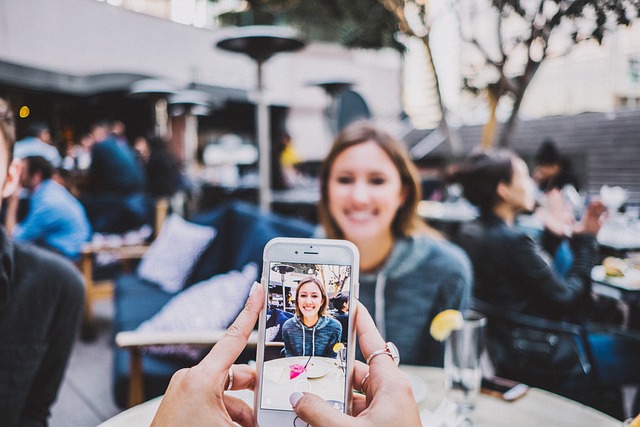Utilizing the internet wisely is crucial to preventing the bad influence of false information or improper content on users. The internet is an endless supply of knowledge. Whether for better or worse, the Internet is unquestionably one of the revolutions that have shaped our culture.
The COVID-19 pandemic has further emphasized the significance of this medium, in addition to any potential drawbacks. In fact, the use of the internet facilitated social interaction during a time when direct physical contact was extremely dangerous, as well as allowed for the completion of the majority of work tasks and provided users with leisure activities.
Despite the challenges presented, even teenagers and small children were able to complete their education entirely online. One of the most difficult issues in history is protecting children and, more broadly, minors online, which calls for careful research.
The Primary Risks of the Internet for Kids
Today, more than ever, it is crucial to protect and instruct young people on how to use the Internet responsibly. The first step in ensuring the safety of children online could be to block access to sites that are not appropriate for children and to exclude access to contentious portals.
However, the risks are not limited to the contents; online threats, sexually explicit messages, and cyberbullying are serious issues. For this, parental control is one of the many options that has proven incredibly beneficial for parents and educators.
Using parental controls allows you to restrict access to inappropriate material, protecting youngsters online. Every smartphone includes a setting that restricts access to particular websites or apps, offering youngsters online a high level of security.
Smartphone Control
Checking your kids’ smartphones is not a sign of a lack of trust; instead, it is a precaution that can help you avoid much more serious issues in the future. The greatest way to ensure their safety is to monitor their surfing history, the people they speak with, and the programs they install and use regularly.
Hacking apps are one such option whereby you can monitor what your child shares on Twitter, for example, and who they communicate with. If you’re interested, an extensive tutorial at EarthWeb will help you learn how to hack your child’s Twitter profile. This can provide immense peace of mind that your child is safely using Twitter, as well as provide important feedback regarding their online interactions.
While these applications should not be relied upon exclusively for keeping your children safe, when used in addition to discussions about digital literacy and awareness, they can be an incredibly helpful tool for parents.
Internet Browsing Filters
Technology like parental control provides a higher level of protection, allowing kids and teenagers to use the internet more safely. Using this can prevent access to adult websites, graphic photos, and, more generally, web pages with dubious terms. As anticipated, thanks to specially created and extremely practical software, it is able to utilize the potential of this tool.
Today, the majority of devices with the most popular operating systems allow you to install particular navigation filters intended to protect teenagers and young children who use the internet for casual pleasure or educational purposes. This increases the security of parents by enabling them to control their children’s web browsing in a few easy steps.
The Risks Associated With Using Social Networks
In recent years, notably through mobile devices, the usage of social networks by kids between the ages of 9 and 12 has expanded tremendously, particularly on Instagram and TikTok.
It is crucial for parents to be aware of what their children do and share online. Our recommendation is to adhere to and enforce the following guidelines, particularly in relation to pictures and videos:
- Don’t geotag the images
- Avoid taking photos in familiar settings like schools or other well-known locations.
- Never make children’s faces public.
- Never make your images public; restrict access to your contacts alone if required.
When it’s feasible, parents should set very clear guidelines for their children to follow when it comes to how, when, and how they can use web-connected gadgets.
Set your child’s viewing times and locations, and only choose content that is appropriate for their age. Teach your child how to utilize the tools on the Internet, especially how not to share.
Conclusion
Despite the opportunities provided by the most popular operating systems today, protecting children and minors online is not always easy. A lot of it comes from education and the examples parents, and teachers may give young people.
Social media, as was already indicated in the previous paragraph, is, without a doubt, what seriously jeopardizes security. The extremely young must be directed in using these platforms, especially in the beginning. The internet can become a useful resource after minors have received the proper instructions.






